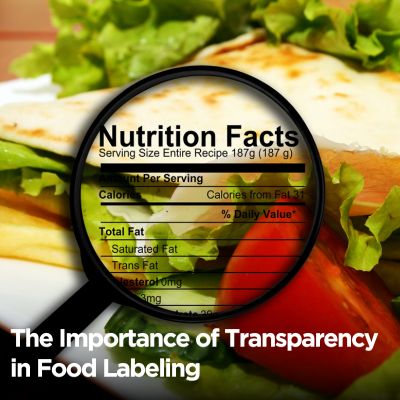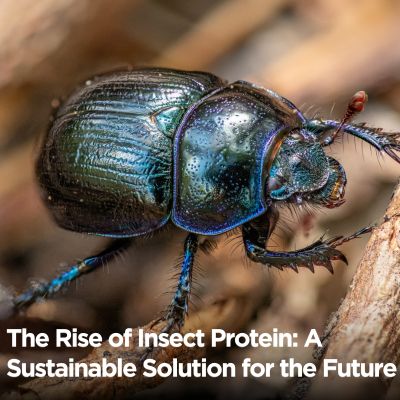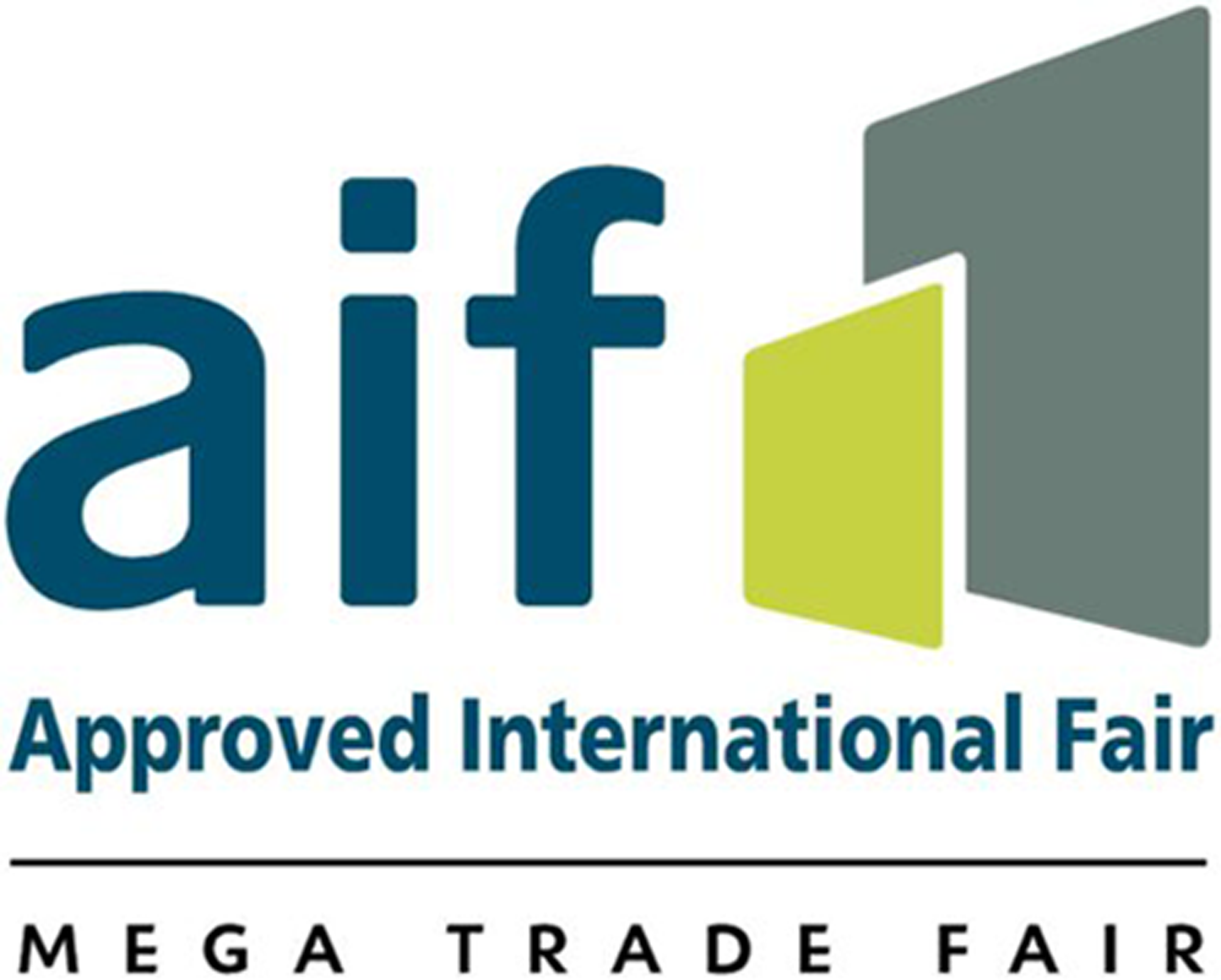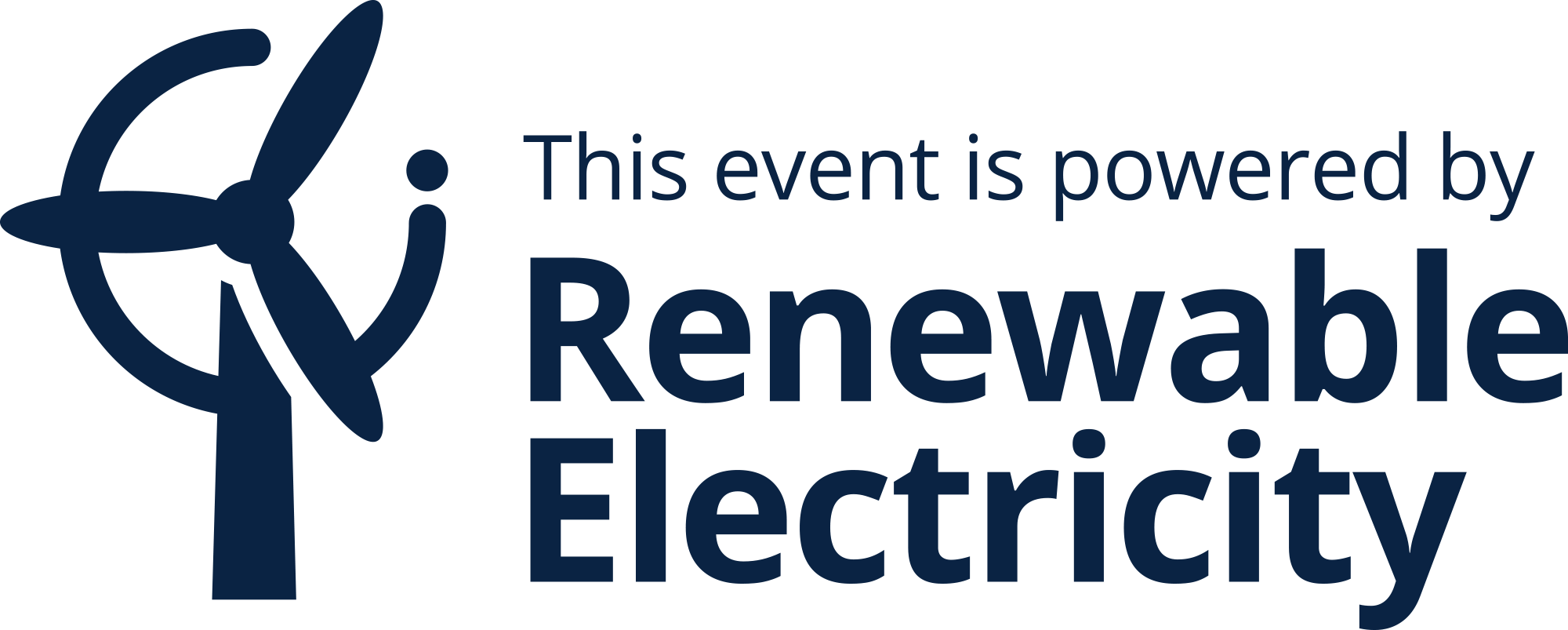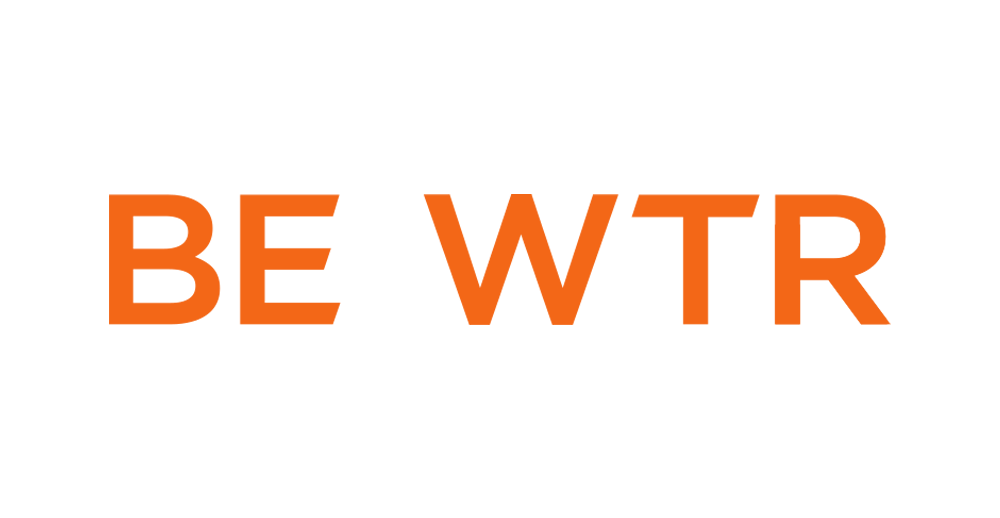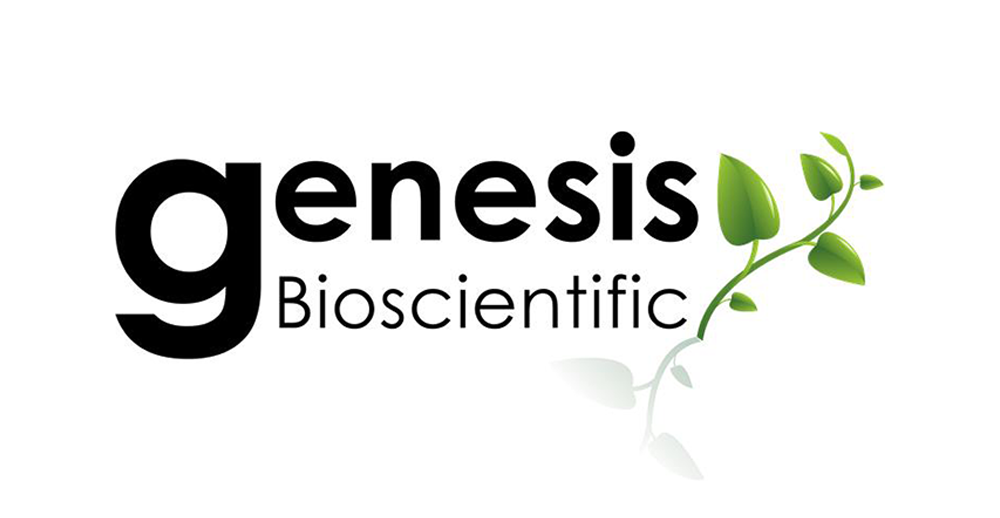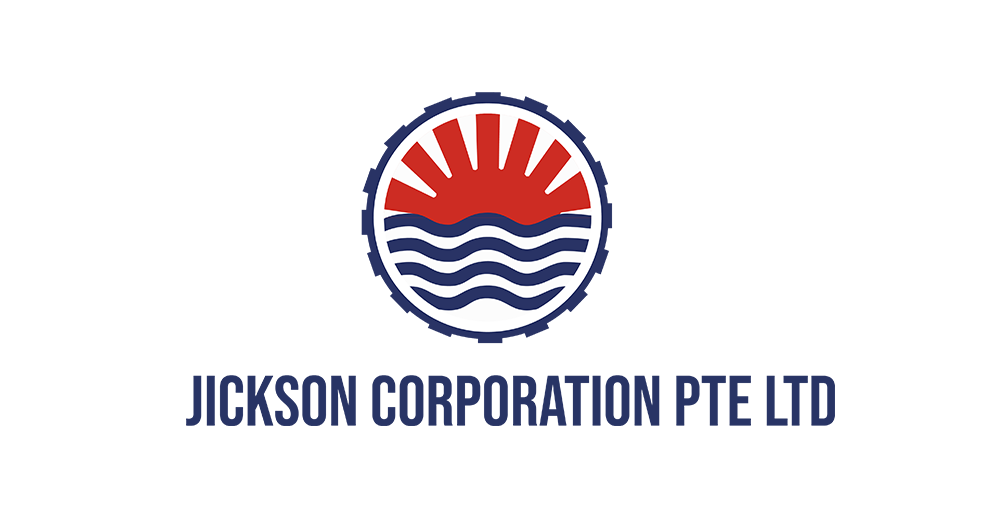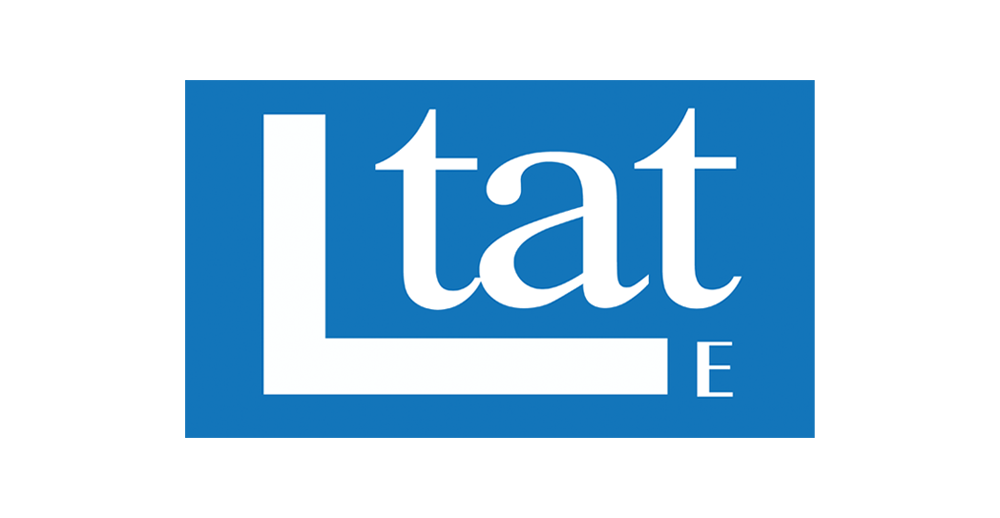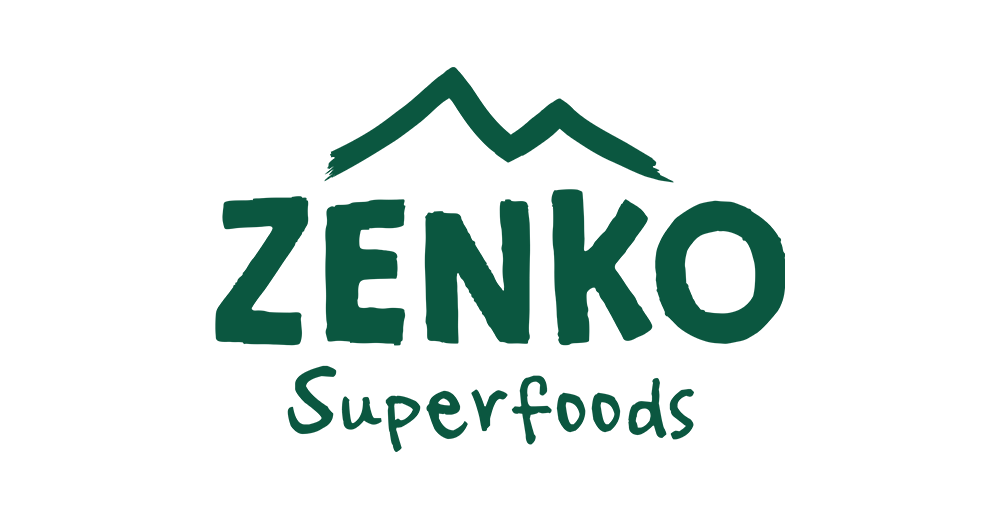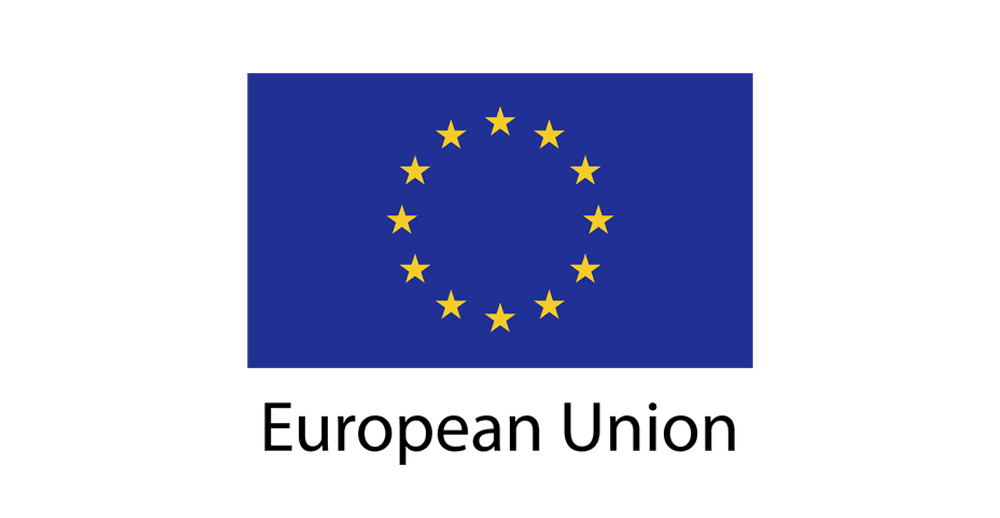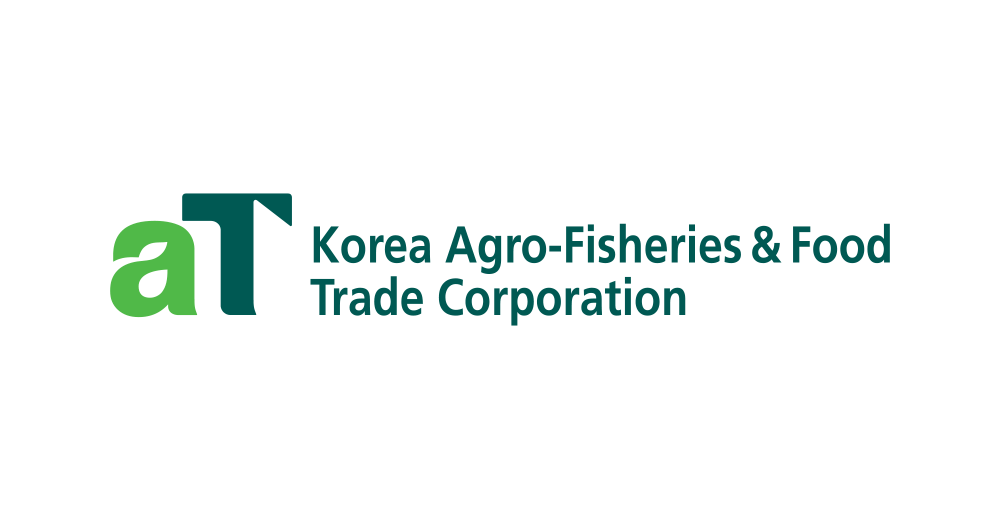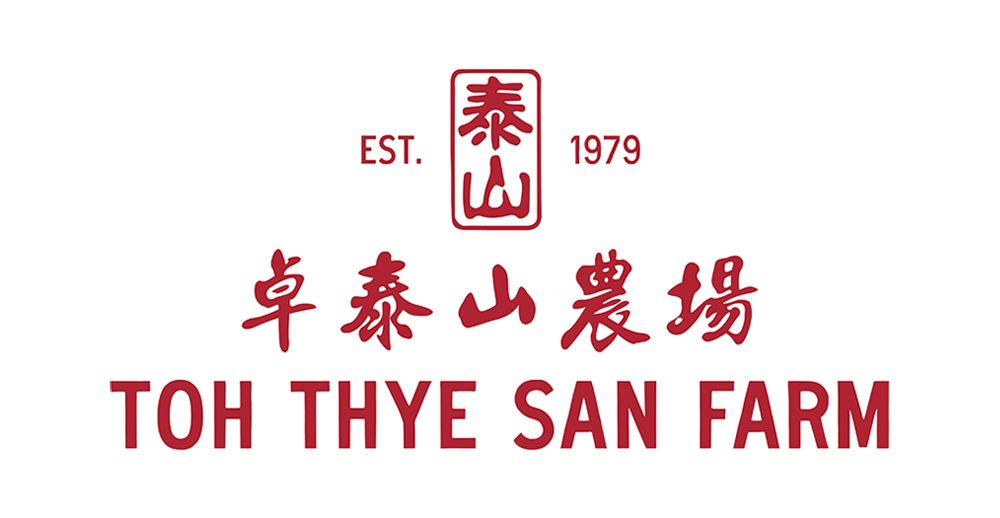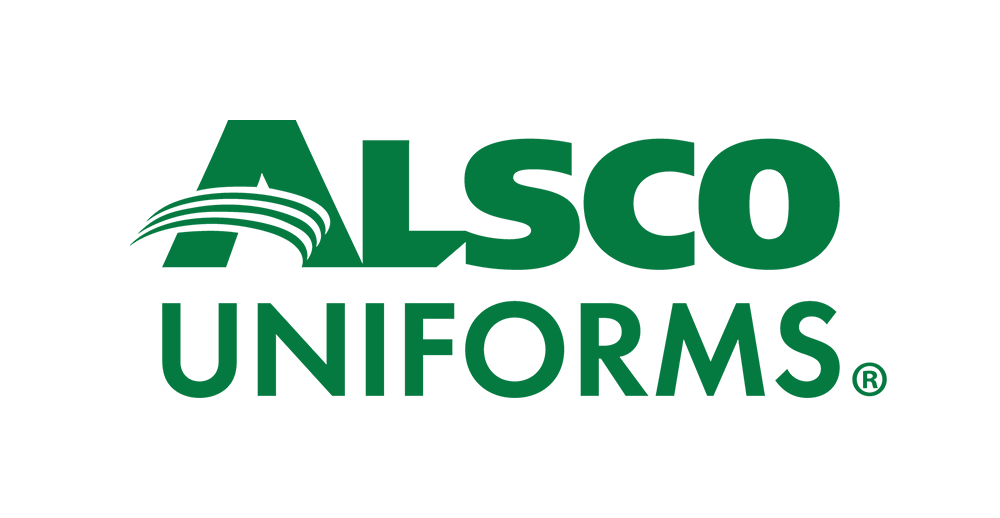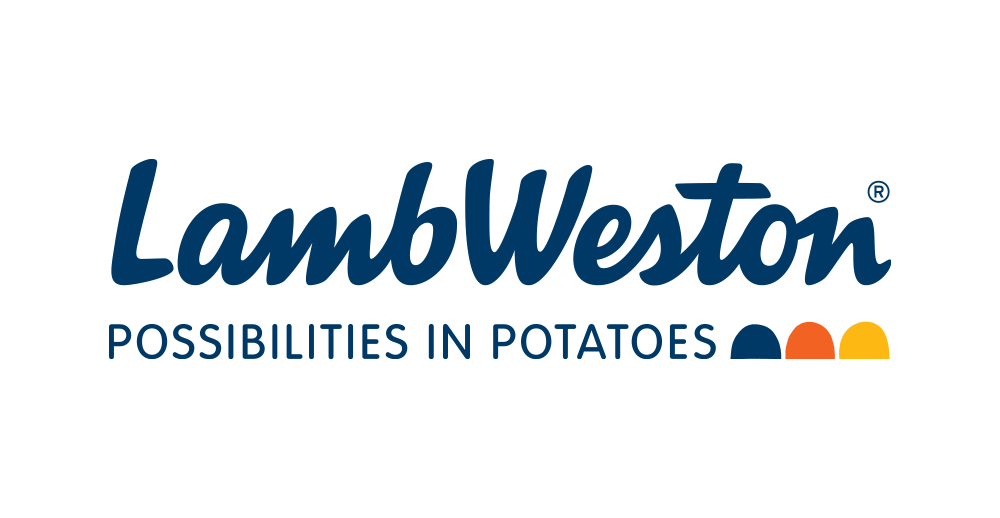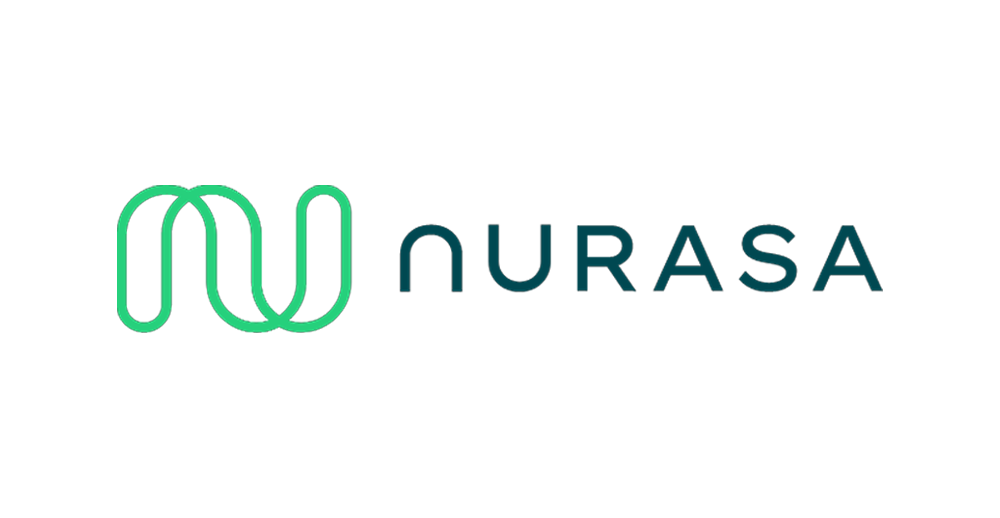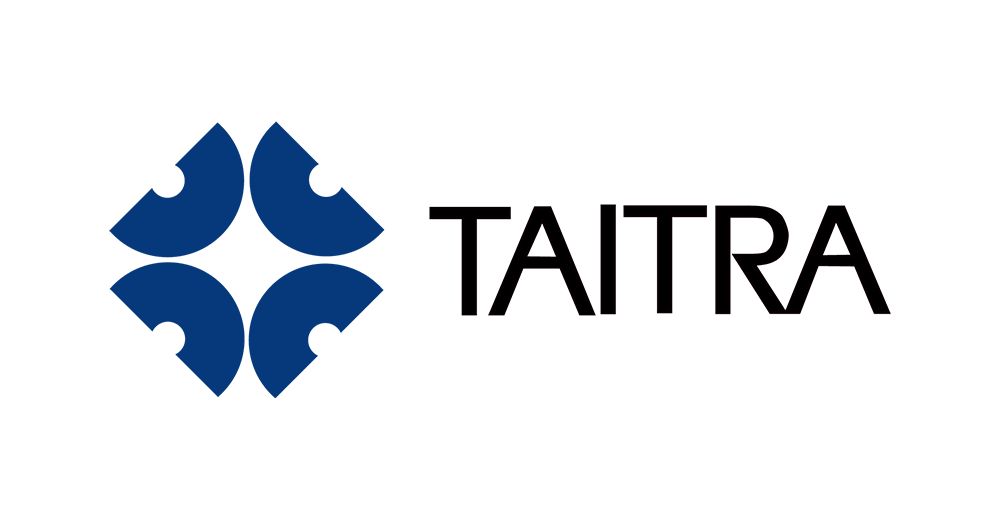Personalized nutrition is gaining attention as more people look for ways to match their diets with their specific health needs. Rather than relying on general advice, individuals are starting to focus on plans that consider their unique biology, lifestyle, and wellness goals.
Trends in personalized nutrition in 2025 demonstrate how much this idea has grown. With access to genetic insights, microbiome data, and lifestyle tracking, it’s possible to build meal plans that suit one person at a time.
This means nutrition can respond to things like how someone sleeps, moves, and processes food.
Easy-to-use platforms and testing kits are helping more people participate in this trend. What was once limited to professionals or high-cost programs is now reaching everyday users who want more from their meals — more accuracy, more flexibility, and better long-term results.
Personalized nutrition is making food choices more specific and effective for individuals, opening up new opportunities for customized health and wellness strategies.
The Rise of Personalized Nutrition in 2025

The shift from one-size-fits-all dietary guidelines to individualized nutrition has accelerated over the past few years.
As health-conscious individuals seek more precise ways to manage their wellness, the demand for custom diet plans that address personal needs is increasing.
This development is not just a passing trend; it comes from advancements in health awareness, technology, and rising consumer demand.
In 2025, personalized meal planning has progressed in unimaginable ways. People are no longer content with general dietary advice; they now want solutions precisely aligned with their genetic makeup, gut microbiome, and lifestyle factors.
Advances in technology are crucial, offering tools that provide deeper insights into an individual’s health.
From at-home genetic tests to wearable health monitors, these technologies are helping individuals make more informed decisions about their nutrition, ensuring that the food they consume is as unique as their personal health needs.
An important factor behind this change is AI-driven meal planning. These advanced systems analyze vast amounts of personal data, from genetic information to daily activity levels, and generate personalized nutrition recommendations.
Whether optimizing energy levels, managing weight, or alleviating inflammation, AI-powered platforms make it possible to design custom diets that are finely tuned to individual health goals.
Consumer demand for personalized nutrition has surged, as people look for ways to take charge of their wellness journeys.
This has led to the rise of platforms like NutriGen and MealMeter, which combine AI technology with real-time health data to offer personalized nutrition plans at the click of a button.
The ability to adjust meal plans in response to real-time data makes personalized nutrition more accessible.
According to industry reports, the global personalized nutrition market is projected to grow significantly. Estimates indicate it could reach $23.3 billion by 2027, expanding at a 15.5% compound annual growth rate (CAGR).
This growth reflects increasing consumer interest and the continued development of technology that supports individualized diet plans. By the end of 2025, personalized nutrition will no longer be exclusive. It will become a widely accessible, mainstream approach to health and wellness.
AI Technologies Revolutionizing Diet Planning
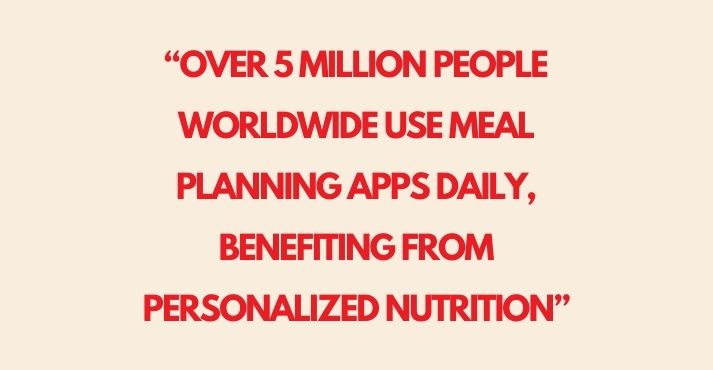
New technologies are changing how people plan their diets, making it easier to get nutrition advice that fits their needs. These solutions use information from genetic tests, gut health reports, and lifestyle habits to create meal plans that suit each person’s profile.
Platforms like NutriGen, DietGlance, and MealMeter have integrated advanced systems to offer custom nutrition solutions.
These services use genetic and microbiome testing to provide users with meal plans that align with their health objectives, improving energy, managing weight, or reducing inflammation.
Through these personalized plans, users better understand how different foods impact their bodies, making it easier to adjust their diets for improved health.
Data-driven meal planning uses large sets of information, from genetic data to daily routines, to offer food recommendations.
These systems adapt in real-time, factoring in daily activity levels and nutrient needs, ensuring the meal suggestions are aligned with the user’s current health goals.
Whether it’s sticking to a flexitarian diet or focusing on genetically based diets, the plans cater to personal preferences and health conditions, offering much-needed flexibility.
The impact of these services is already evident in their increasing popularity. More than 5 million people worldwide use meal planning apps daily, benefiting from customized nutrition.
For instance, when personalized diet plans were used for cardiac patients, over 75% showed compliance with dietary recommendations.
While there were some instances of non-compliance, the results show how effective customized meal plans can be in guiding healthier food choices.
As these technologies continue to improve, they provide more chances for people to follow nutrition plans that are not just personalized but also sustainable.
The future of diet planning is heading toward solutions designed for each individual, helping users make better, more informed choices about their health.
Integration of Wearable Tech and Real-Time Monitoring
Wearable health tech is changing the way people manage their daily nutrition. Devices that monitor real-time data, such as glucose levels, heart rate, sleep patterns, and physical activity, help users make food choices based on their bodies’ needs.
Rather than following a fixed meal plan, individuals can adjust their diets in response to how their health metrics fluctuate throughout the day.
Wearable health monitors like Levels and NutriSense track continuous glucose levels, offering insights into how different foods affect blood sugar.
Devices like Whoop and the Oura Ring assess recovery, stress, and sleep, helping users align their nutrient intake with their physical condition and performance goals.
These tech tools benefit those focused on sports nutrition, where real-time monitoring supports targeted adjustments for endurance, recovery, and muscle maintenance.
As of 2025, more than 1 billion wearable health devices are in use globally, a sign of how widespread this approach has become in personal health management.
When paired with large language models in nutrition, these devices can help AI diet apps deliver smarter suggestions. By evaluating a mix of ongoing health data and lifestyle cues, they offer timely food recommendations that support each person’s wellness goals.
This technology supports more responsive and sustainable eating habits, helping individuals stay in sync with their body’s changing needs and leading to better long-term results.
Challenges and Considerations
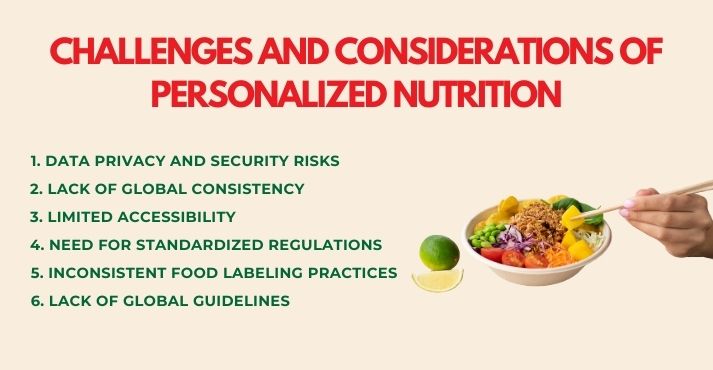
Personalized nutrition presents several major challenges that must be addressed to ensure widespread benefits. One primary concern is data privacy and security.
With the increasing collection of personal health data, from genetic information to real-time health metrics, protecting this sensitive data is essential.
In regions like the United States and Europe, regulations such as GDPR and HIPAA are in place to safeguard this information. However, global consistency in these laws is still lacking, emphasizing the need for a consistent approach to data protection.
The accessibility of personalized nutrition technologies is another significant issue. While these innovations have the potential to revolutionize health and wellness, they are not always available to everyone.
In areas like Asia-Pacific, access can vary significantly based on factors such as income, technology infrastructure, and public awareness. Addressing these challenges will make personalized nutrition accessible to a larger audience.
Additionally, regulatory frameworks and standardization are critical. Precision nutrition, which creates diet plans customized to individual health data, offers substantial benefits but requires proper regulation to guarantee accuracy and safety.
Without consistent standards, there is a risk of misinformation and misuse of health data. Standardizing food nutrition labels across different regions would also help consumers make better-informed choices, especially in markets with inconsistent labeling practices.
Developing clear, global guidelines will be essential for the responsible, accurate, and inclusive use of personalized nutrition technologies, ensuring they reach and benefit people worldwide.
Future Outlook: The Next Frontier in Personalized Nutrition
The future of personalized nutrition will be influenced by advancements in biotechnology and data analysis.
As research progresses, a deeper understanding of genetics and the microbiome will lead to more precise nutrition strategies, moving beyond basic dietary recommendations.
These innovations will consider factors like metabolic rates, hormone levels, and specific nutrient needs, providing truly personalized nutrition solutions.
Personalized nutrition is also set to become a significant component of preventive healthcare. Rather than waiting for health issues to arise, this approach focuses on using nutrition to prevent potential conditions from developing.
By identifying health risks early and adjusting diets accordingly, individuals can take control of their health and avoid future complications, ultimately leading to better long-term outcomes and reducing strain on healthcare systems.
With the continued development of wearable health monitors, individuals can track key health metrics in real time, making it easier to adjust their dietary plans as needed.
This dynamic feedback loop supports healthier, more sustainable eating habits, enabling people to make informed choices that benefit their well-being.
Personalized nutrition allows one to prioritize wellness over treatment, encouraging healthier lifestyles and shifting healthcare toward proactive management.

